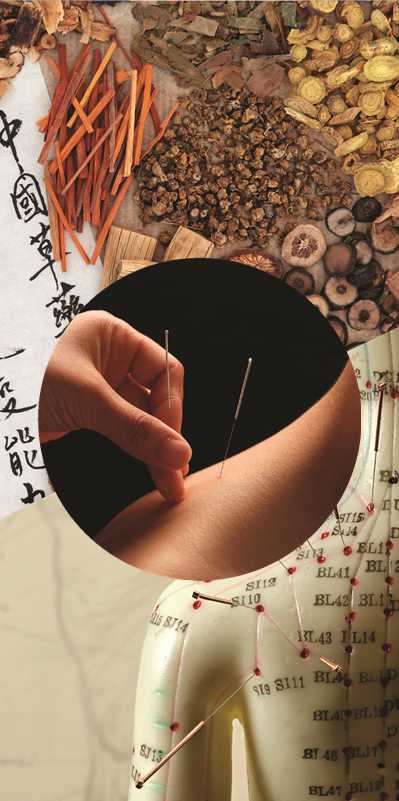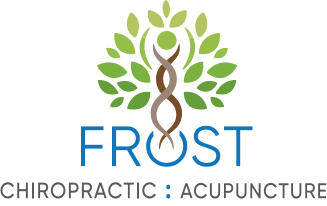Acupuncture is a traditional Chinese medicine (TCM)
practice that is based on the premise that there is a
two-way communication between the skin and all the
organs of the body. Qi (pronounced chi), is the body’s
life energy, and can become deficient or blocked,
causing pain or dysfunction. Qi flows through
channels called meridians. By stimulating specific
acupuncture points with either hair-thin needles, or
sometimes lasers, normal flow of chi can be restored.
This can help bring the patient back to normal health.
In 1997, the National Institute of Health endorsed
acupuncture. The World Health Organization (WHO),
endorses acupuncture for a wide range of ailments.
Common problems treated with acupuncture include:
Acute and Chronic Gastritis and Colitis
Acute Bacterial Dysentery
Essential Hypertension
Primary Hypertension
Adverse Reactions to Radiation therapy
or Chemotherapy
Headache
Nausea and vomiting, including morning sickness
Sciatica
Arthritis
Sprains
Chronic Pain
Peripheral Neuropathy
Depression/Anxiety
Fertility Issues
Addictions

CHINESE HERBS
The use of Chinese herbs dates back to the
Han Dynasty (206BC -220 AD). Many of today’s
pharmaceuticals are derived from herbs. Often,
only an isolated piece of the plant is used, whereas
in the use of Chinese herbs, the whole plant is
used, creating a more balanced effect and reducing
the chance of side effects. Chinese herbs are
generally safe and effective when prescribed by a
qualified practitioner.
HOMEOPATHY
Homeopathy is a treatment based on the principle
that like-treats-like. It focuses on helping the
immune system recognize and resolve problems
naturally. Homeopathy was developed by Dr. Samuel
Hahnemann (1775 – 1843) and first published in 1796.
Homeopathic philosophy says that if an organism is
brought back into balance, the disease imbalance will
resolve accordingly.
